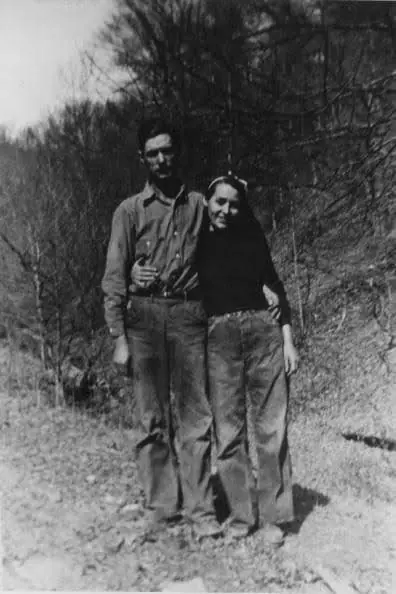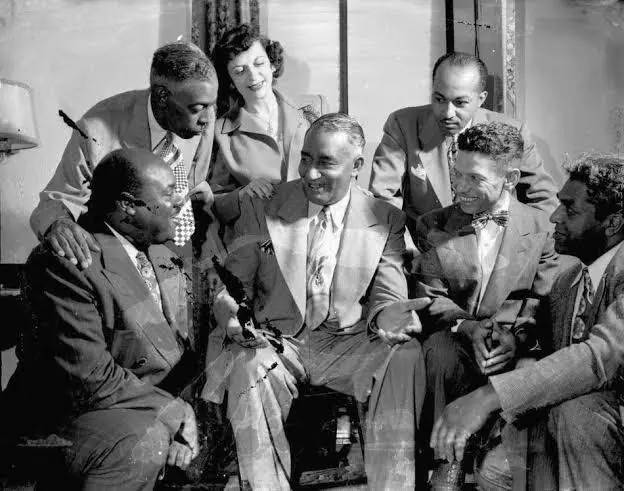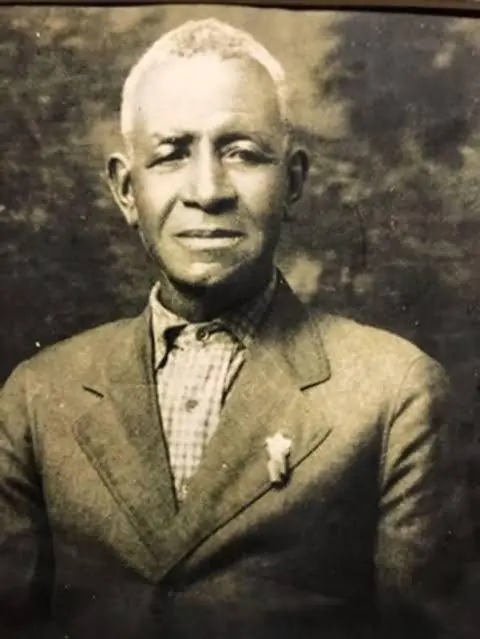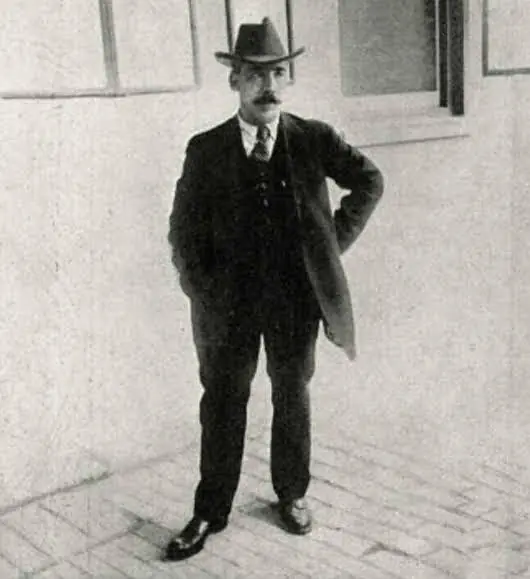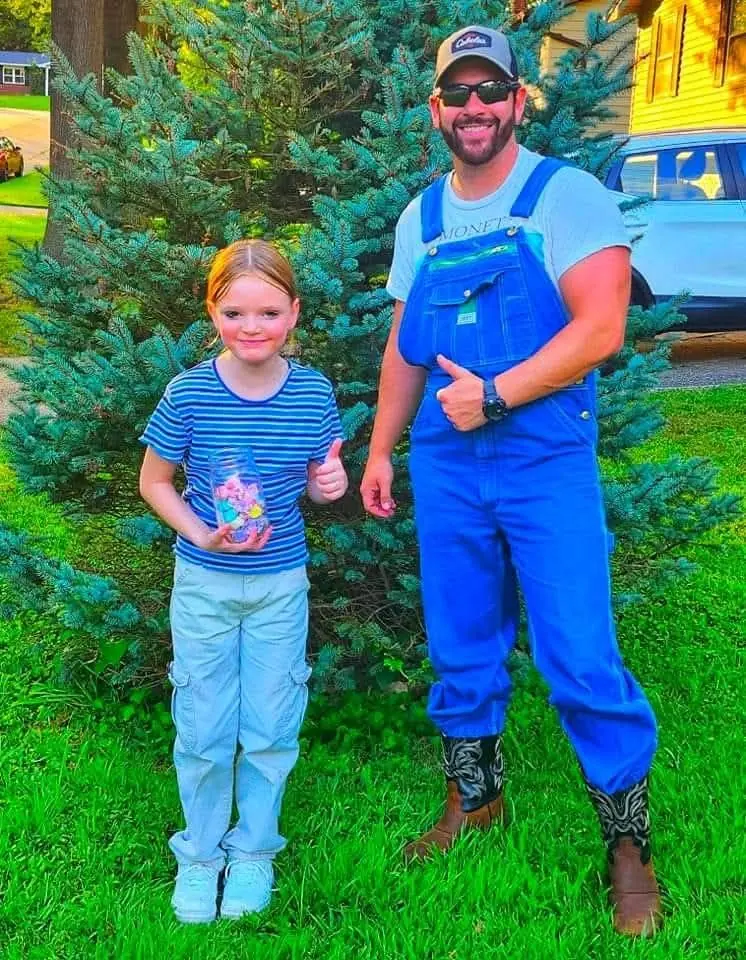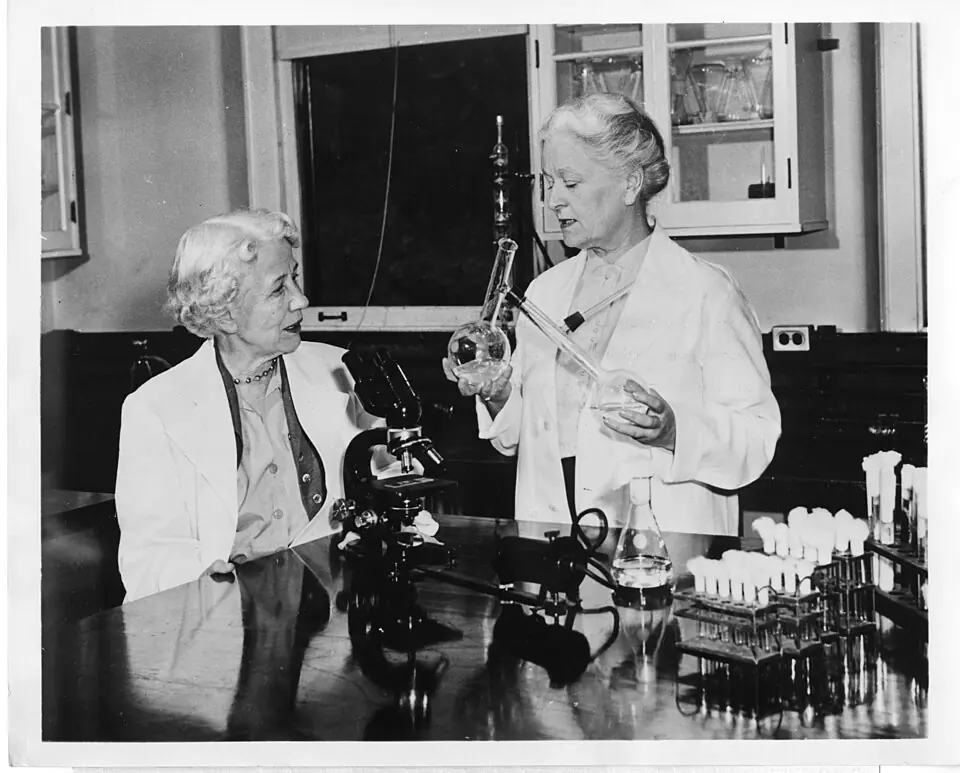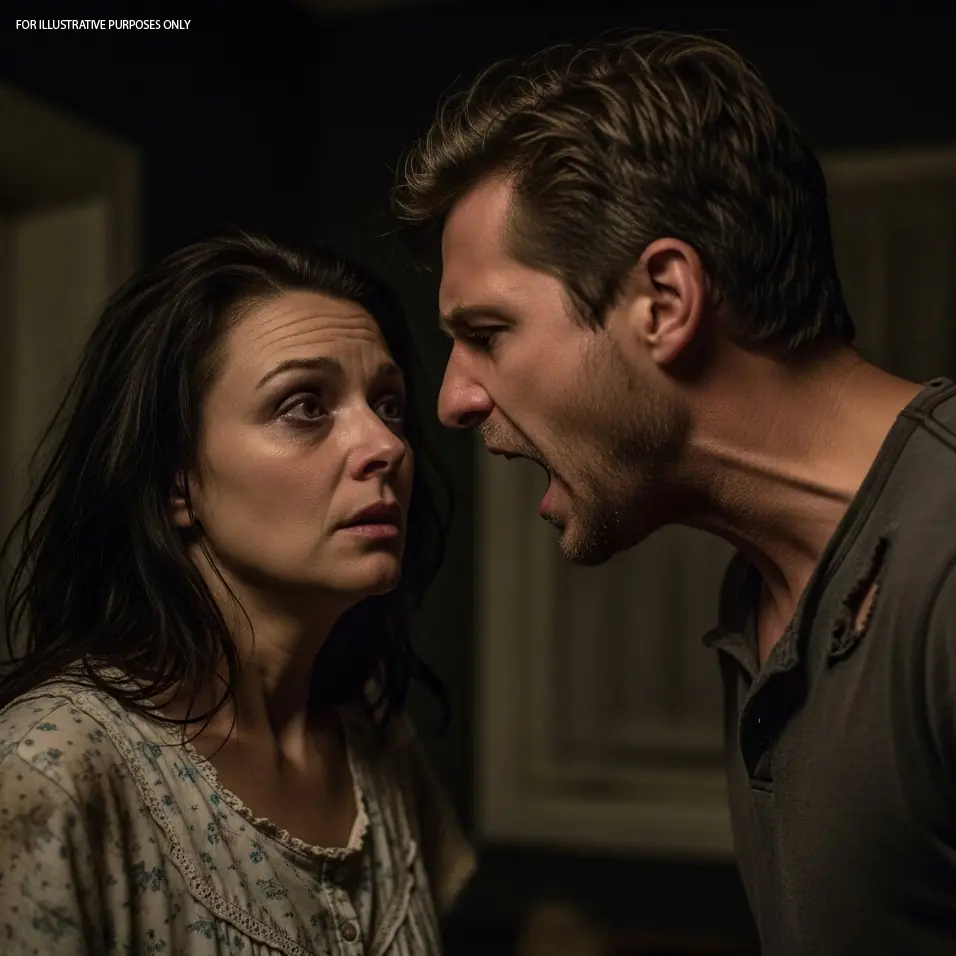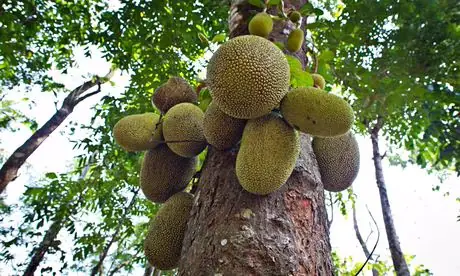Joseph McCintyre’s family legacy reflects resilience and rich heritage in Louisiana. Discover their story! ❤️🌳
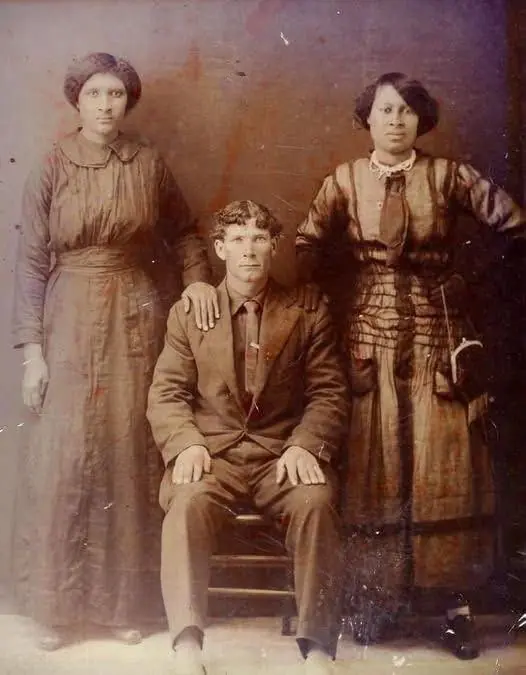
Born around 1883 in Basile, Louisiana, Joseph McCintyre embodies the rich and intricate history of the state’s African American community, a story of triumph now celebrated for its depth. The son of formerly enslaved parents, Peter Arsene McCintyre and Corinne Bergeron, Joseph’s lineage reflects a powerful overcoming of adversity. In this evocative photograph, he stands alongside his wife, Cleoncia Simon (born circa 1893 in L’anse de Prien Nois, Louisiana), and her sister, Leocadie Simon, daughters of Oscar Simon and Leocadie Cesaire. The Simon sisters hail from Louisiana’s free people of color, adding a vibrant layer to this family’s remarkable heritage.
The Cesaire family’s legacy stands out, showcasing the early free Black communities in Louisiana. Tracing their roots to a liberated Wolof African freed in the early 1800s, they became property owners, holding the same land since the 1840s—a rare symbol of stability and self-determination during a turbulent time. Today, their descendants still inhabit this land, maintaining a living link to their enduring resilience. I can imagine the pride in their voices as they pass down stories of this legacy, a testament to their ancestors’ strength.
Challenging common assumptions based on appearance or broad historical narratives, Joseph McCintyre’s heritage blends the legacies of enslaved individuals and free people of color, reflecting Louisiana’s unique cultural and racial dynamics. Families like the Simons and Cesaires highlight the complexity of Black identity in America, marked by struggles for freedom, land ownership, community building, and cultural preservation, including one of Southwest Louisiana’s oldest Black family cemeteries.
Shared by its keeper, this story isn’t just a glimpse into the past—it’s an inspiration for the future, emphasizing resilience and the importance of preserving history. As their saying goes, “Our ancestors’ courage and perseverance are the roots that nourish our strength today,” encouraging readers to explore African American heritage and support the preservation of such legacies.


